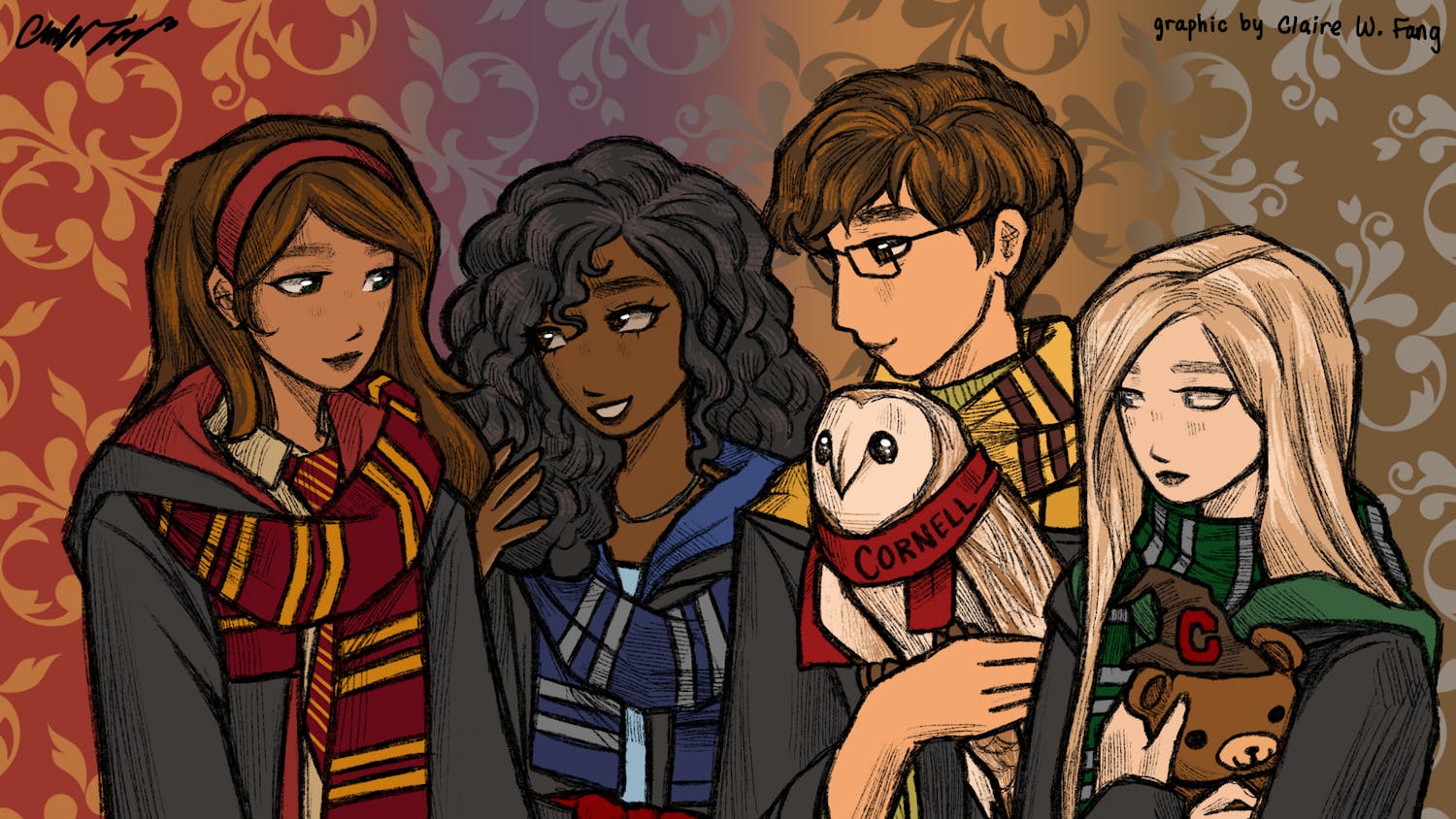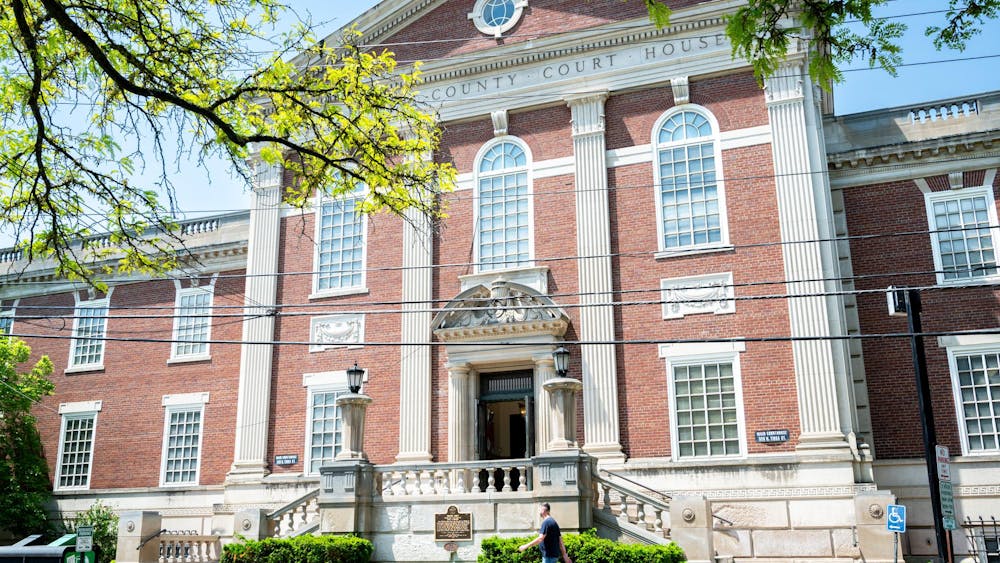Some could argue that the 97th Oscars competition was one of the most controversial of all time. Though no Oscars ceremony has been without scandal and uproar, the most recent performance put on by the Academy and the films it chose to recognize — or not — rivals that of last year’s Best Actor winner Cillian Murphy in terms of pure entertainment. From the use of artificial intelligence in The Brutalist to the complete dismissal of Dune: Part Two by Academy voters, the 97th Oscars was a show to remember. However, no piece of entertainment is complete without a big finale, and for the Academy, they are attempting to turn over a new leaf just as this Oscar season comes to a close.
The Oscars, an event recognizing major achievements in film for the previous year, rarely receives widespread praise. Like most institutions that judge beloved works of art, the Oscars and the Academy face backlash for most of their decisions. However, they should be granted this one compliment: they know how to listen to their audiences. In 2024, Ryan Gosling starred in The Fall Guy. The movie follows a stuntman who is down on his luck and estranged from the possible love of his life. Offered a new chance at performing stunts and winning back Emily Blunt’s character, this stuntman becomes embroiled in malicious plots. Though the movie itself didn’t necessarily offer any cinematic innovations that broadened the art world, it had one core message: give stunts an Oscar. Ryan Gosling and David Leitch, the movie’s director (a part of the stunt community himself), took on the tireless task of advocating for the recognition of the brave men and women who face danger to make movie magic. It would seem that the attention the movie and crew brought to the stunt community paid off, because on April 10, 2025, the Academy listened. The Board of Governors announced a new Academy Award to be added for the 100th Oscars ceremony: Achievement in Stunt Design. As officials in the Academy said in their statement, “stunt design has been an integral part of filmmaking.”
This new award marks a historic victory for the film industry and for the Academy. The Fall Guy has demonstrated that making movies can be an effective way of advocating for change. Because of the work of actors, actresses, crew, producers, directors and, of course, the stunt community, a large group of talented and often unrecognized individuals will have their moment in the spotlight. Additionally, the move by the Academy displays their willingness to open new doors and give power to the films they judge.
Of course, this new leaf would not be fully turned without addressing those issues that arose in the 97th Oscars. Fortunately, the Academy listened to all complaints, adapting the rules of the awards so that artificial intelligence usage and faulty voting practices were tackled.
After The Brutalist was nominated for numerous Oscars, the movie’s editor confessed that artificial intelligence had been used to fix Adrien Brody and Felicity Jones’s accents. Whenever the stars spoke in Hungarian, their speech was artificially modified to sound more natural. Emilia Perez also used artificial intelligence by blending the main character’s singing voice with that of a singer with a higher register, enabling her to hit higher notes. Once this news broke, the internet quickly turned against these films and the use of AI in movies. On April 21st, 2025, the Academy released the rules for the 98th Oscars and included a statement on AI. As quoted from the announcement, “the tools neither help nor harm the chances of achieving a nomination.” Though this may seem like a neutral stance that allows artificial intelligence to interfere with art, the Academy also said that they would take “into account the degree to which a human was at the heart of the creative authorship.” Here, in a characteristically vague fashion, the Academy seems to call for more reliance on the power of human creativity and minds to create movies.
The Academy took a stronger stance toward its voting procedures. After the 97th Oscars, it was revealed that voters did not bother to watch Dune: Part Two — nominated for Best Picture — because it was too long and probably unappealing. The movie came away from the award ceremony with only Best Sound and Best Visual Effects. In light of this controversy, the Academy declared that its “members must now watch all nominated films in each category to be eligible to vote.” This is another monumental win for the movie industry, just like the addition of Stunt Design to the Awards. It seems preposterous that voters could cast judgement on films for Best Picture without having viewed the entire field. Without watching all the movies in the categories upon which a voter decides, no truly fair decision can be made. However, what was a biased and corrupt process has now been remade in the hopes of fairness and audience satisfaction.
The Academy has received backlash for years, and its viewership has drastically declined since the golden age of 2014. Facing a closing curtain, the Academy had two options: admit defeat or alter its practices. Thankfully, it has chosen to reevaluate the status quo and embrace a new era. A fundamental part of movie magic is its ability to survive and thrive, adapting to the current times. As the Academy has demonstrated, the wonder, anticipation, frustration and joy that come with the Oscars will live on through introspection that leads to powerful new changes. Here’s to looking forward to the 98th Academy Awards.
Jane Locke is a freshman in the College of Arts and Sciences. She can be reached at jal562@cornell.edu.











